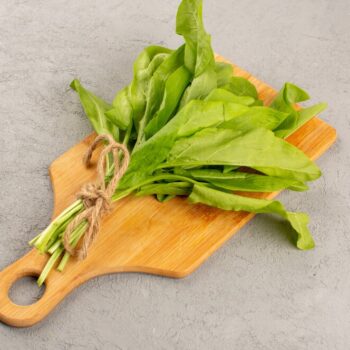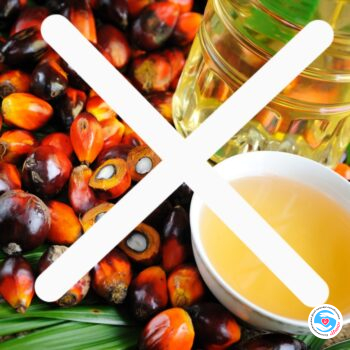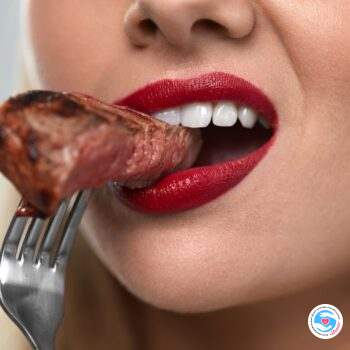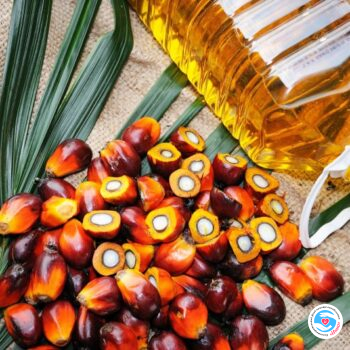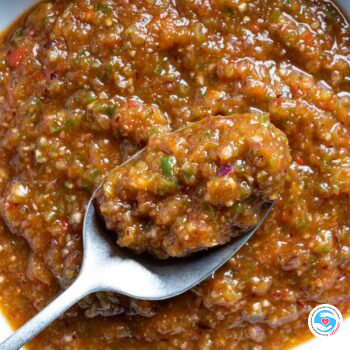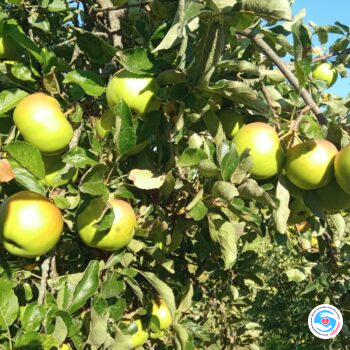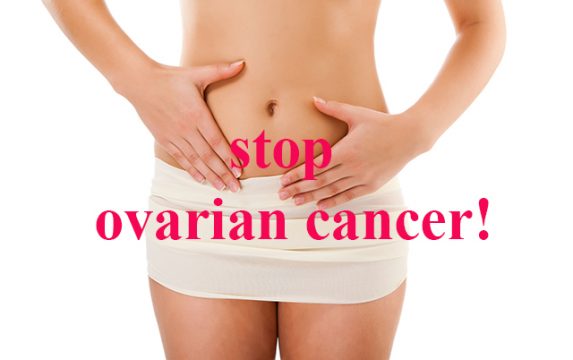
Staff of the Inna Foundation continue their work aimed at the prevention of cancer. And this is important! The global pharmaceutical industry today offers many drugs aimed at fighting cancer. However, this cannot solve the problem globally – stop the growth in the number of cancer cases in the world. But to protect yourself with preventive actions is real!
On the website of the journal JCP (a specialized journal on oncology), we studied the article “Research on diet and cancer prevention: from mechanism to implementation.” Scientists at the Fred Hutchinson Cancer Research Center (USA) report that 30% to 50% of cancer cases can be prevented by reducing exposure to cancer-causing factors – smoking, harmful working conditions, infections, and a healthy diet throughout life and a physically active lifestyle are very important. In the past, research in diet and cancer prevention has focused on understanding the impact of specific foods and nutrients on cancer-related mechanisms. Experimental studies in cellular systems, animals, and humans have expanded the understanding of how certain dietary components can modulate carcinogen metabolism, hormone and growth factor regulation, DNA repair capacity, cell cycle control, proliferation, and apoptosis.
Medical news today reports that diet and lifestyle can help reduce the risk of certain types of cancer. For example, one of the most dangerous female diseases is ovarian cancer. This is a very dangerous and deadly disease!
In 2018, a study of 675 women with ovarian cancer and 1,275 women without the disease found an association between consumption of cruciferous vegetables and ovarian cancer. Study participants who consumed the most cruciferous vegetables had the lowest risk of developing the disease. The risk decreased with every 10 servings of cruciferous vegetables per month. How do these vegetables fight cancer? It turns out that cruciferous vegetables are high in certain phytochemicals called glucosinolates. When cruciferous vegetables are crushed, cooked, and chewed, glucosinolates break down into isothiocyanates. According to the study, these compounds have anti-cancer properties and can affect the metabolism of carcinogens, inhibit tumorigenesis, suppress inflammatory mediators, activate immune defenses, and so on.
To exclude the likelihood of developing ovarian cancer based on the study of research materials scientists strongly recommend consuming cruciferous vegetables (broccoli, white cabbage, Brussels sprouts, arugula, radishes, turnips, rutabaga, horseradish, mustard), whole fruits (blackberries, blueberries, melons, mango), whole grains (rice, oats, millet, quinoa), legumes (beans, pinto beans, black and white beans, chickpeas, peas, lentils), nuts and seeds (walnuts, pumpkin seeds, sunflower seeds, flaxseed) , oily fish (herring, salmon, mackerel, trout, tuna).
Health experts advise to exclude foods that increase the risk of ovarian cancer: red and processed meat (beef, pork, veal, lamb, bacon, sausage, ham, all possible hot dogs, deli meats), processed and refined foods (prepared meals, sugar-sweetened drinks, candies, snacks or industrial-made desserts), full-fat milk. And of course, alcohol and smoking play a negative role.
It turns out that you can fight cancer! But, of course, you need to understand that numerous products in beautiful packages in stores, or dishes in all kinds of fast food restaurants. They are just business! And they have nothing to do with human health!

